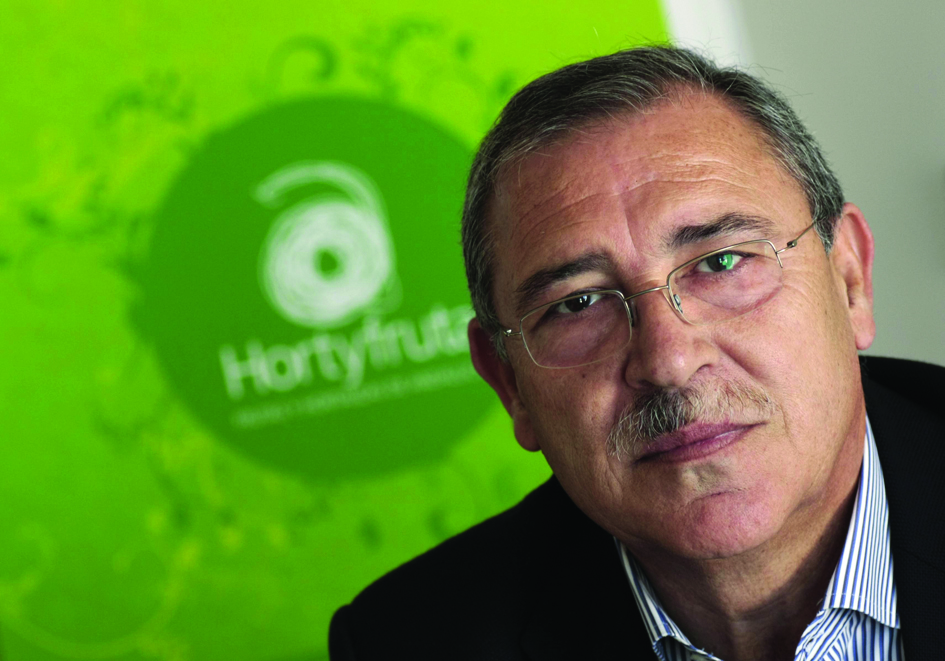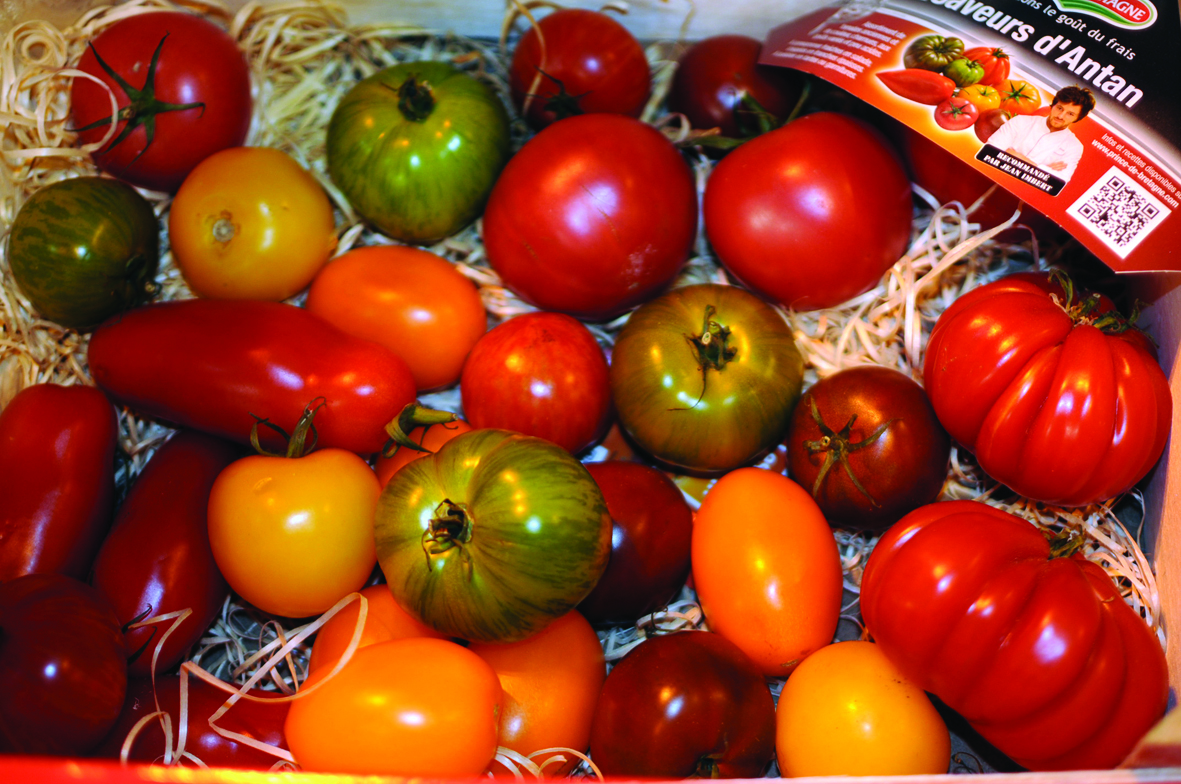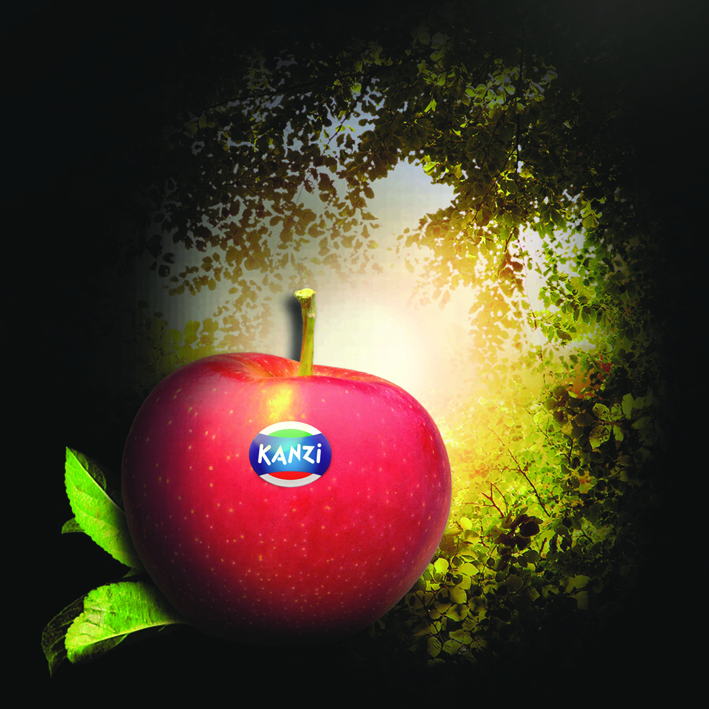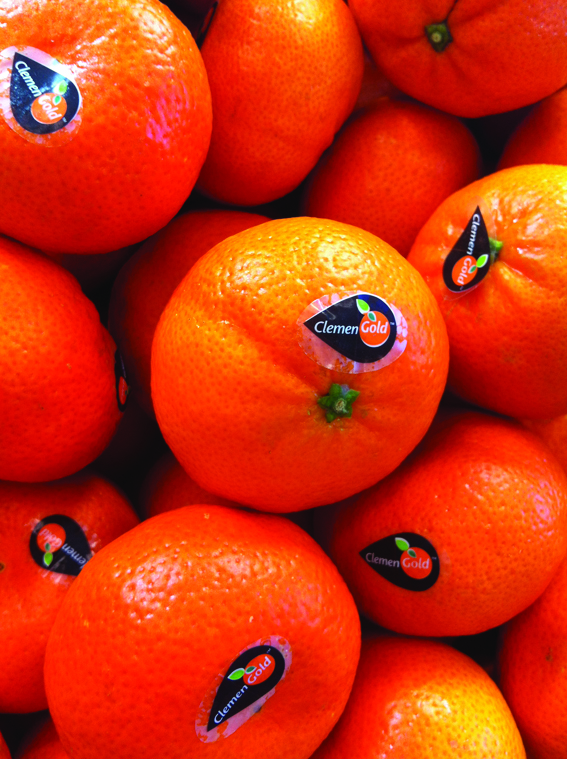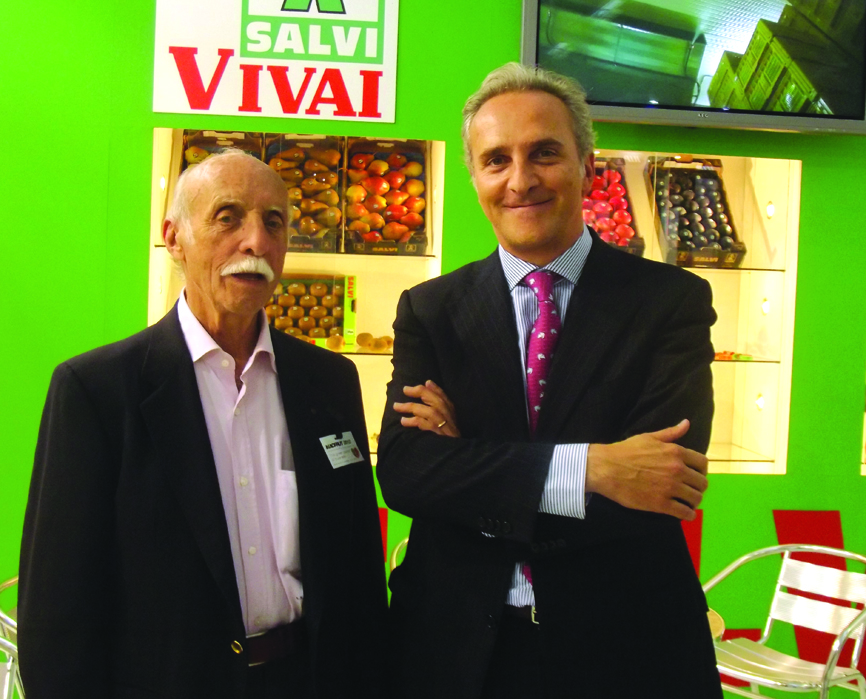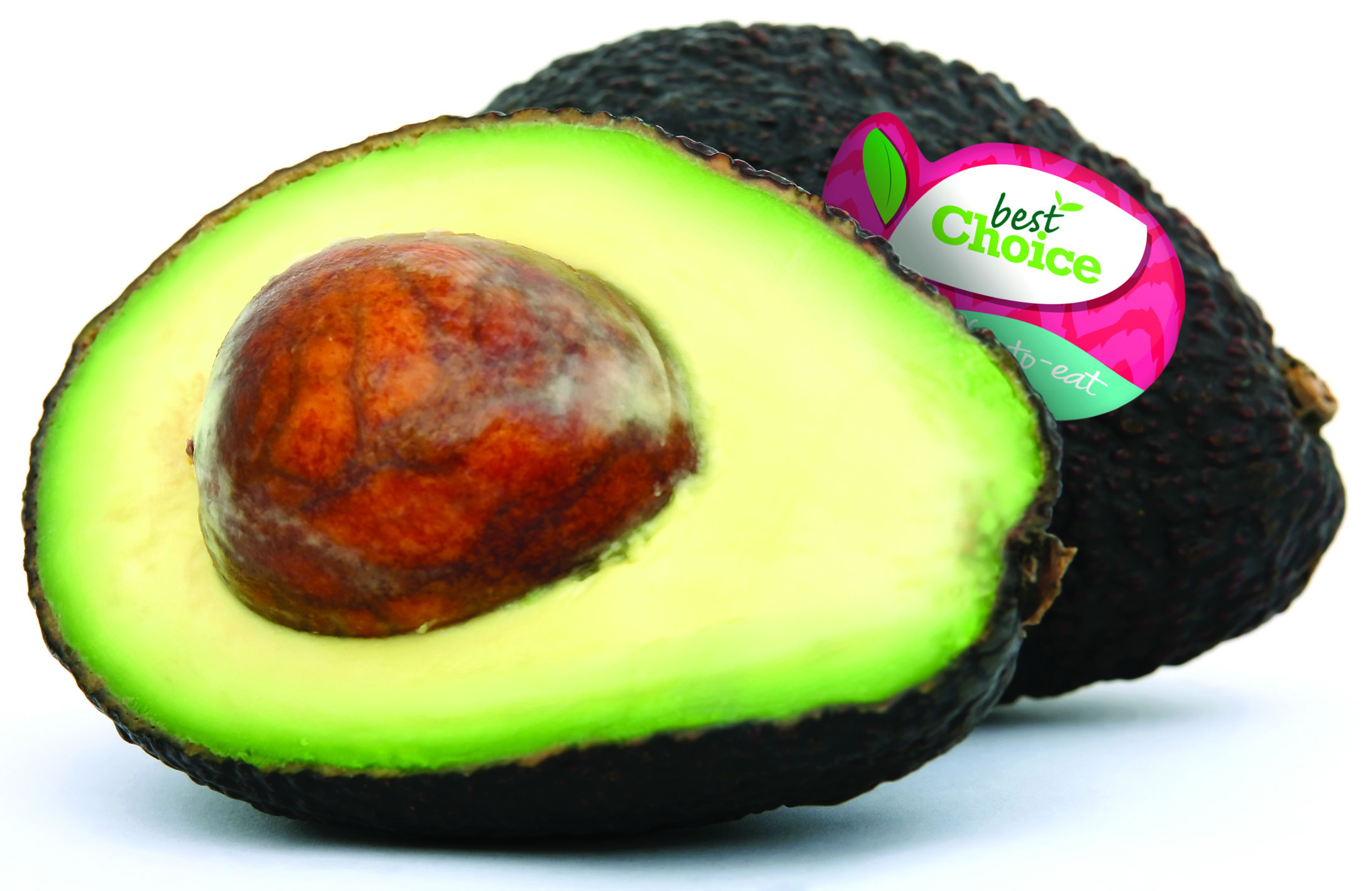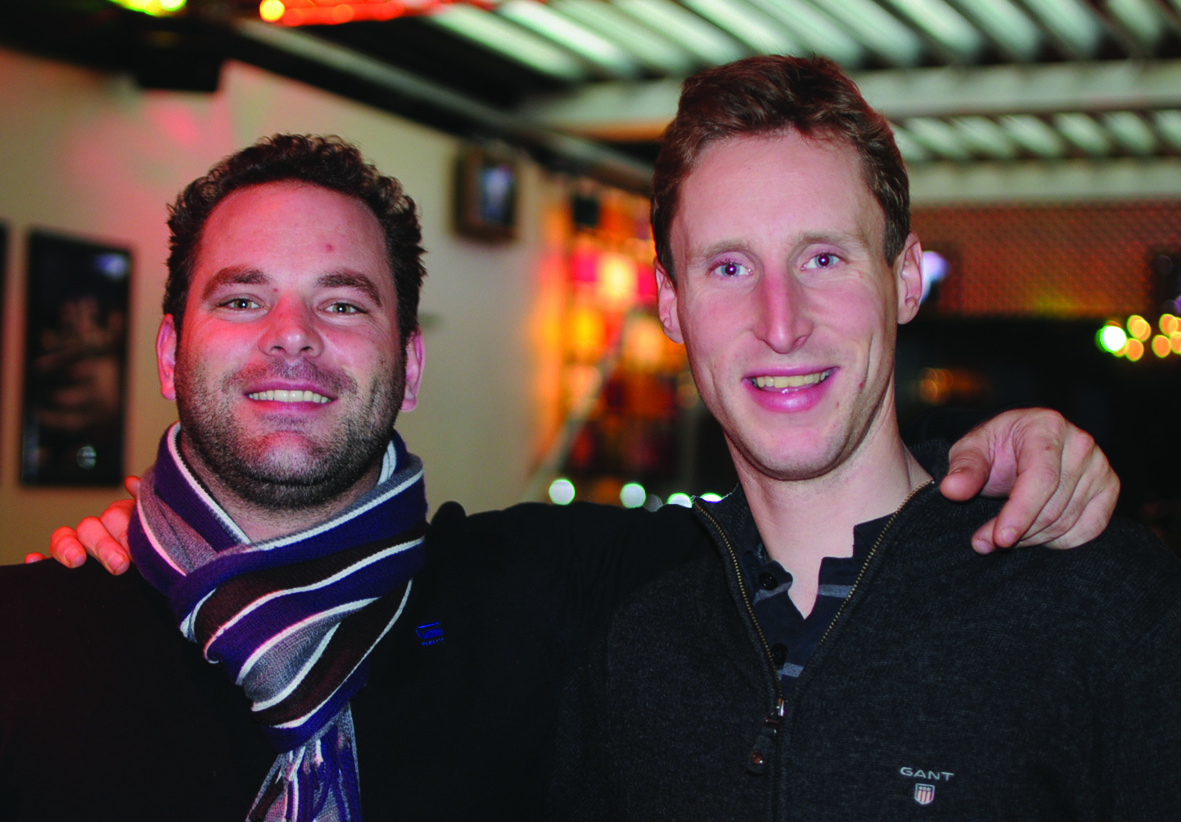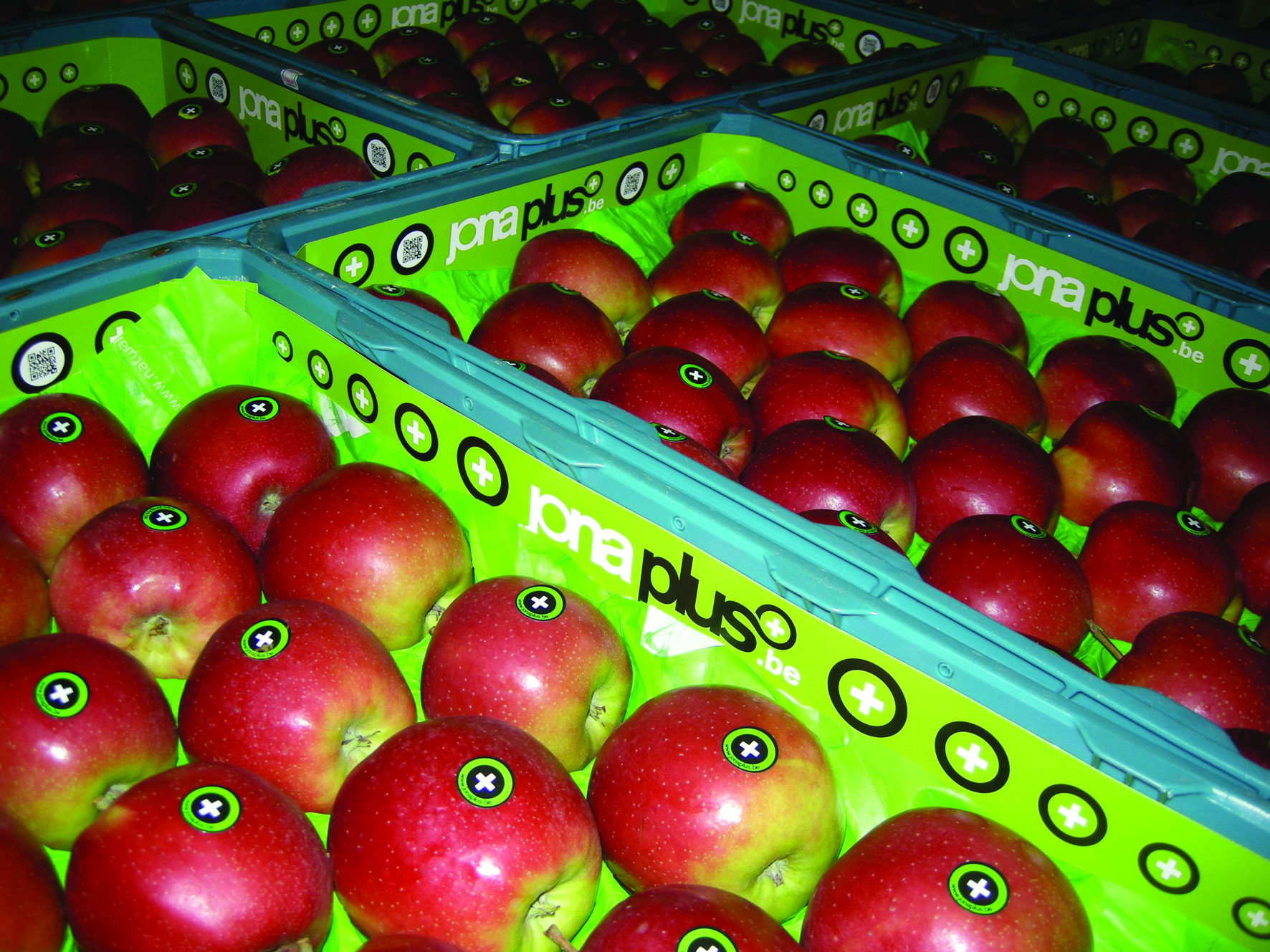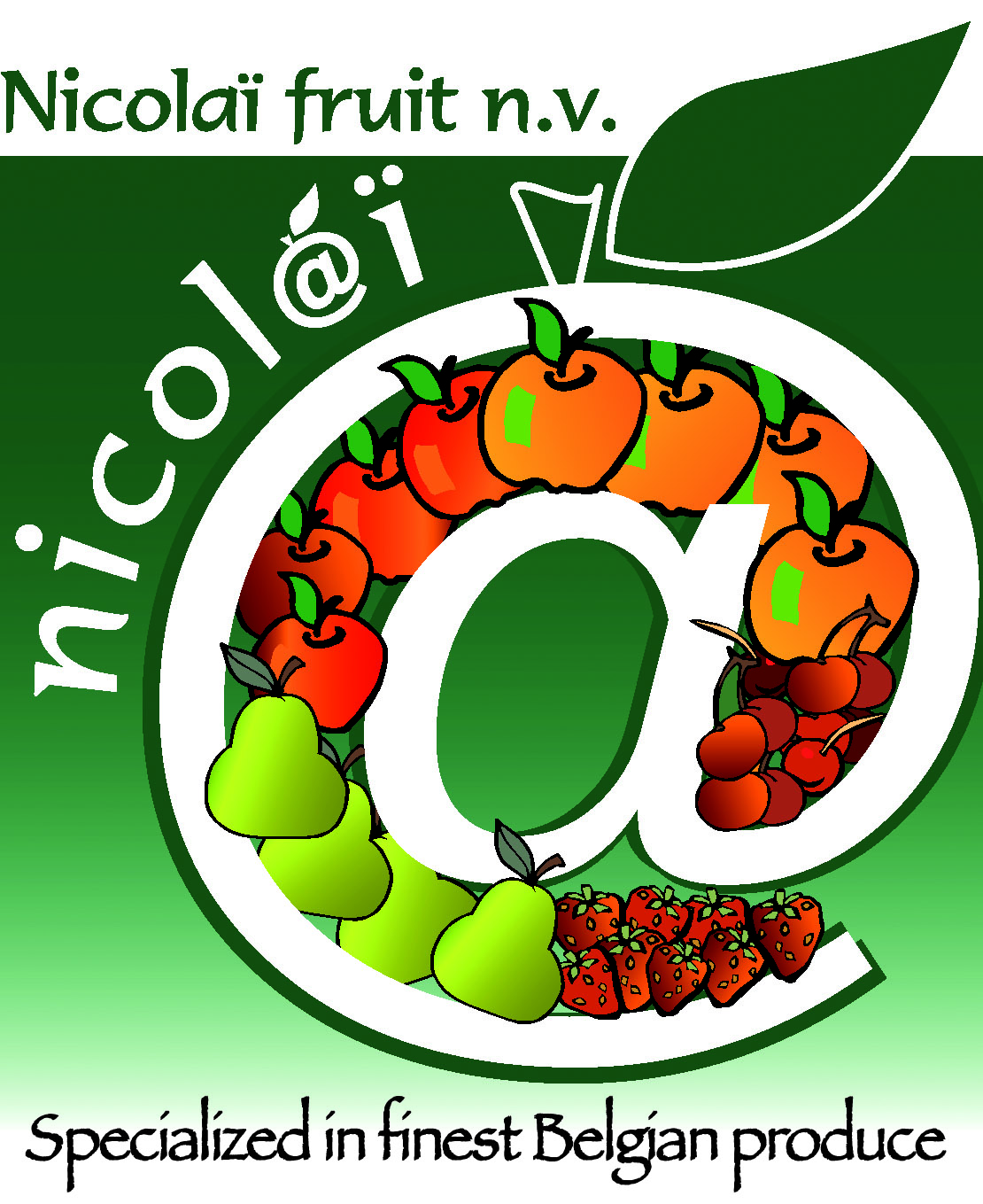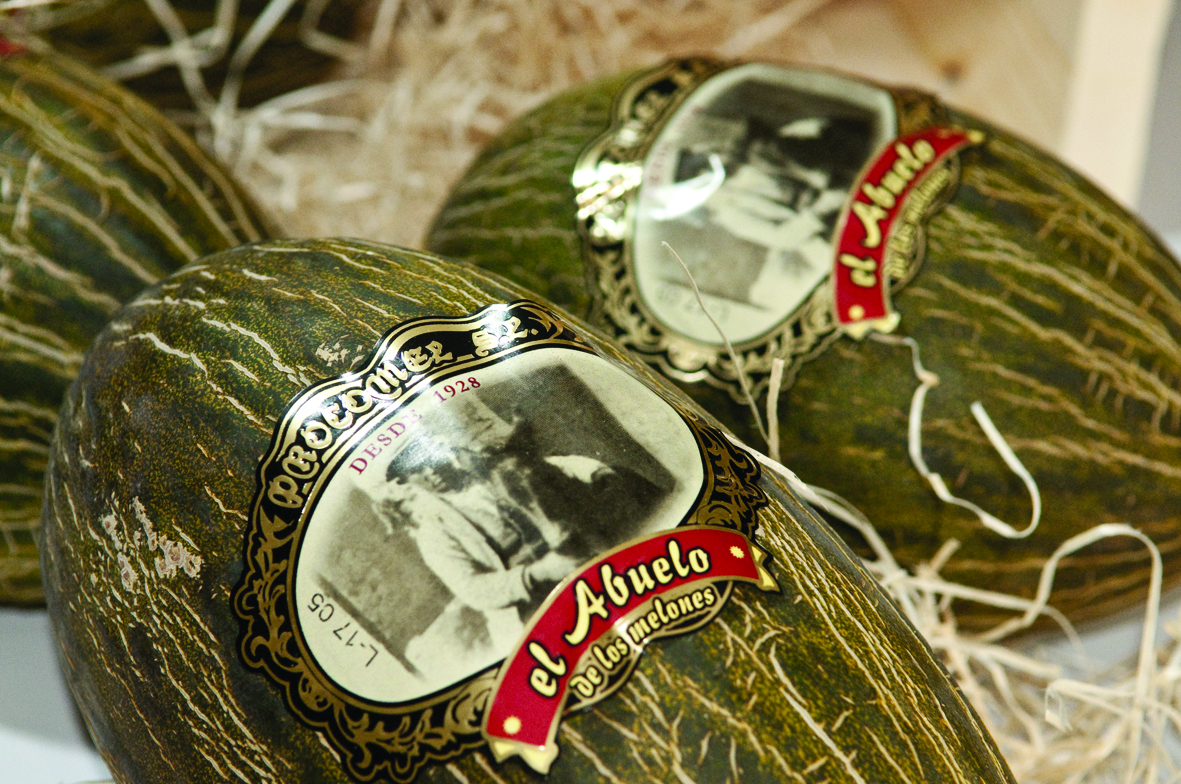
Also known as the “Grandfather of Melons” because it has existed since 1928, Procomel saw total production in 2013 of 21,000 tonnes, 17% more than the previous year. For 2014, their objectives are “to continue to grow steadily and create a melon with added value,” says Juan Peñalver, the president of Procomel. The idea is to grow melons that give some extra characteristics such as vitamin C, beta-carotene and antioxidants. The company from Murcia, known for its piel de sapo melon, has also revealed its intention of cultivating new formats such as a mini piel de sapo melon.
Some time ago they developed their own Super Baby range, which “despite being more expensive to produce,” says Juan Peñalver, “has done very well, especially in Europe.” These are melons whose main characteristic is their taste, with 16-17 degrees Brix. Sugar Baby Gold is particularly noteworthy, their jewel in the crown with an orange flesh and crunchy texture. In 2013, this small range increased its sales by 20%, “and the forecast for 2014 is better,” said Procomel’s president. “The range does better in Europe than in Spain,” he adds, “but when Spanish consumers try it they take to it.” A few years ago, Procomel decided to grow melons outside Spain to supply them year-round with the same quality and varieties. Senegal and Brazil were the chosen destinations, and they hope to expand this production, which accounts for 15% of the total. “We will continue to expand in Africa since the conditions are very good,” says Juan Peñalver. “There are fewer pests and it is logistically closer.” Procomel has also opted for an organic range. In 2013 they sold them for the first time, producing 2,000 tons. As for exports, their goal is to strengthen their main market, Europe, and to try to make headway in the UAE, “although it will be hard because ours is a very typically Spanish melon,” says Juan Peñalver. Another goal for 2014 is to begin a new adventure with their “Grandpa’s Corner.” The Murcian firm wants to introduce new quality products, not just melons as until now, in order to generate appreciation for new horticultural products that stand out for their organoleptic qualities.

